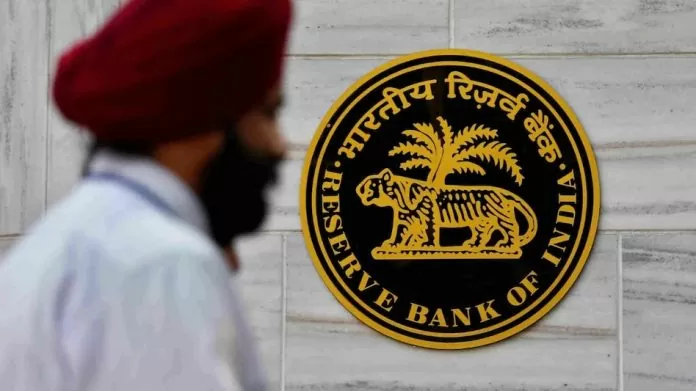RBI MPC Highlights: During the monetary policy meeting, RBI has made a big change in 6 rules related to banks, due to which the rules from gold loan to UPI payment are going to change.
RBI MPC Highlights: The central bank RBI has cut interest rates by 25 basis points for the second consecutive time in its monetary policy meeting on Wednesday. Along with this, RBI has taken 6 new initiatives during the announcement of monetary policy which are related to banking regulation, fintech and payment system. The RBI governor said that the aim of these measures is to make India’s financial system more inclusive, transparent and modern.
1. Securitization of stressed assets is now also possible through the market
Till now, the route of resolving the bad loans (called stressed assets) of banks or financial institutions was mainly used through ARC (Asset Reconstruction Company), which works under the SARFAESI Act, 2002. But now RBI has introduced a new option – Market-Based Securitization Mechanism.
This means that banks will now have the option to sell their stressed loans to investors under a framework that works in the open market. This will increase competition for NPA resolution, bring transparency and also open up opportunities for investors. This will make banks more capable of improving their balance sheets.
2. Expanding the limits of co-lending – now all regulated entities are included
Currently, the facility of co-lending is available only between banks and NBFCs and that too is limited to only priority sector loans, such as agriculture, education, MSMEs etc.
RBI is now expanding the scope of this system. In future, all regulated entities, be it banks, NBFCs, microfinance institutions or others, will be able to participate in co-lending, and this facility will now apply to all types of loans – not only priority sector but also non-priority sector.
This move will broaden credit access, especially in those areas where banks have less reach and NBFCs or fintech companies are active.
3. Uniform and comprehensive regulatory guidelines on gold loans
Gold loans, i.e. loans taken by pledging gold ornaments and jewellery, is a very common and popular loan facility in India. Till now there are different guidelines for different institutions on this.
RBI now wants to bring the entire sector under a consistent and consolidated regulation. Therefore, it will issue prudential norms and customer handling rules related to gold loans.
This will bring uniformity in the operation of gold loans by banks and NBFCs, protect the interests of customers and avoid unnecessary risks.
4. New guidelines for non-fund based facilities and infrastructure financing
Banks often provide services such as non-fund-based facilities, such as bank guarantees, letters of credit. Currently, the rules for these services apply differently to different entities.
Now RBI is planning to bring harmonised guidelines for all these. Also, the instructions related to Partial Credit Enhancement (PCE) will also be revised, so that infrastructure projects can get more and cheaper funds.
Draft guidelines on these four aspects are being made public today and RBI has said that it will issue the final rules after taking suggestions from all parties.
5. NPCI will get the right to decide the limit of UPI transactions
Currently, the limit of Person to Merchant (P2M) UPI transactions is decided by RBI. Now RBI has proposed that the responsibility of setting the limit of this transaction will be given to NPCI (National Payments Corporation of India).
NPCI will take a decision on this after consulting banks and other stakeholders. The advantage of this will be that transaction limits can be adjusted as per the need and quickly, which will increase the reach and convenience of digital payments.
6. Regulatory Sandbox will now be ‘theme-neutral’ and ‘on-tap’
Regulatory Sandbox is a platform where RBI allows new fintech companies to test their products and services in a limited scope.
So far this sandbox was theme-based, such as digital loans, payments etc. But now RBI has declared it theme-neutral and on-tap, that is, now innovation in any field can be proposed at any time (on-demand). This will give startups and fintech companies a fast and flexible platform to test new technologies.

